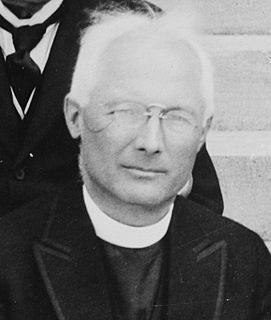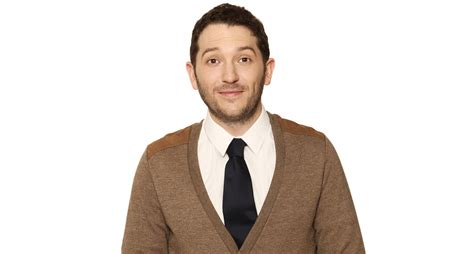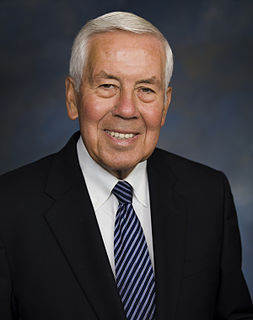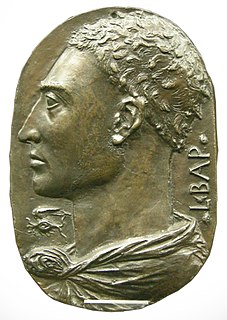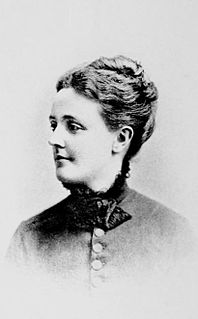A Quote by Ernest Dimnet
Every now and then we discover in the seething mass of humanity round us a person who does not seem to need anybody else, and the contrast with ourselves is stinging.
Related Quotes
We do not receive wisdom, we must discover it for ourselves, after a journey through the wilderness which no one else can make for us, which no one can spare us, for our wisdom is the point of view from which we come at last to regard the world. The lives that you admire, the attitudes that seem noble to you, have not been shaped by a paterfamilias or a schoolmaster, they have sprung from very different beginnings, having been influenced by evil or commonplace that prevailed round them. They represent a struggle and a victory.
Humanity today is not safe in the presence of humanity. The old cannibalism has given way to anonymous action in which the killer and the killed do not know each other, and in which,indeed, the very fact of mass death has the effect of making mass killing less reprehensible than the death of a single individual. In short, we have evolved in every respect except our ability to protect ourselves against human intelligence. Our knowledge is vast but does not embrace the workings of peace.
I have this idea that every time we discover that the names we're being called are somehow keeping us less than free, we need to come up with new names for ourselves, and that the names we give ourselves must no longer reflect a fear of being labeled outsiders, must no longer bind us to a system that would rather see us dead.
Pride is the switch that turns off priesthood power. Humility is a switch that turns it on . . . . Some suppose that humility is about beating ourselves up. Humility does not mean convincing ourselves that we are worthless, meaningless, or of little value. Nor does it mean denying or withholding the talents God has given us. We don't discover humility by thinking less of ourselves; we discover humility by thinking less about ourselves. It comes as we go about our work with an attitude of serving God and our fellowman.
What we need very badly these days is a company of Christians who are prepared to trust God as completely now as they know they must do at the last day... It would be better to invite God now to remove every false trust, to disengage our hearts from all secret hiding places and to bring us out into the open where we can discover for ourselves whether or not we actually trust Him. That is a harsh cure for our troubles, but it is a sure one. Gentler cures may be too weak to do the work. And time is running out on us.
There are far too many people for us to think about each of them during our short stay on earth—like the thousands of books in a library we haven’t time to read in an afternoon. But this is no excuse to cease browsing. For every now and then, we find that one book that reaches us deep inside and introduces us to ourselves. And, in someone else’s story, we come to understand our own.
Compassion is aptly summed up in the Golden Rule, which asks us to look into our own hearts, discover what gives us pain, and then refuse, under any circumstance whatsoever, to inflict that pain on anybody else. Compassion can be defined, therefore, as an attitude of principled, consistent altruism.
